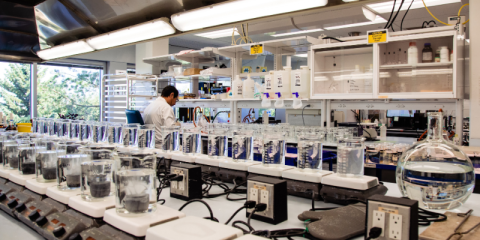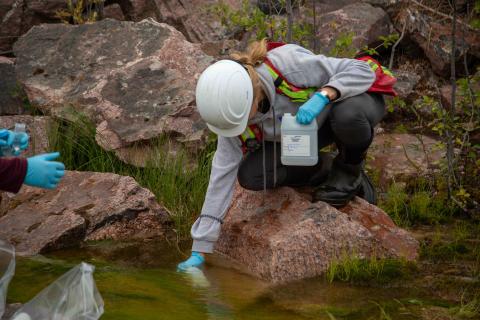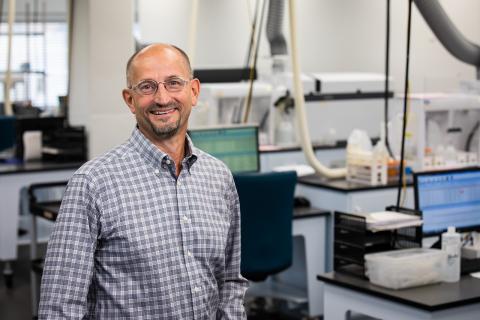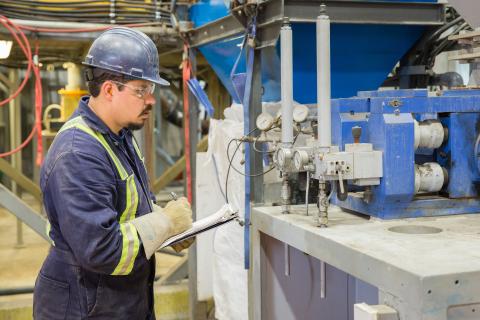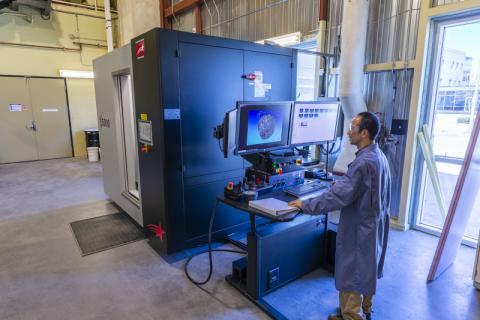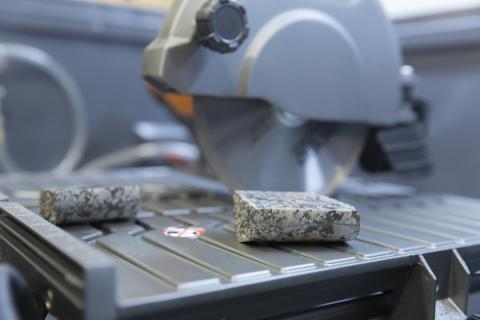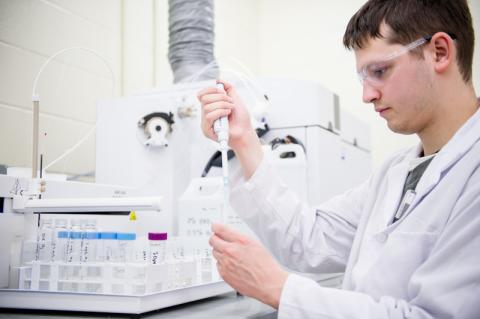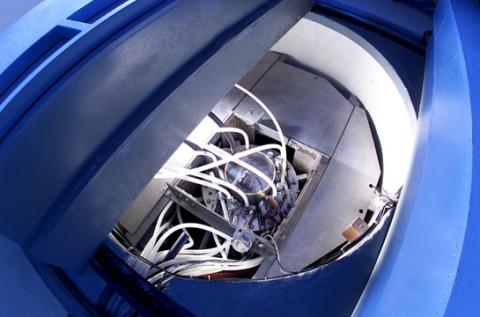In the world of environmental testing, mineral exploration and mining, the accuracy and reliability of laboratory data are paramount. At SRC's Geoanalytical Laboratories and Environmental Analytical Laboratories, our commitment to quality assurance and quality control is the foundation for building trust with clients, regulators and stakeholders.
Water is a reactive and dynamic medium. Although a sample bottle filled with water may look quite stable, as soon as that sample is taken, subtle changes can begin to take place. Read more to learn why it's important to follow the sampling and preservation guidelines provided by your laboratory.
Learn more about SRC Environmental Analytical Laboratories' evolution and its industry-leading experts. The lab analyzes a variety of air, water and soil samples from all over the country.
When a mine operation evaluates how well its plant is performing, it’s important they have reliable, accurate data to compare the present to the past. A plant audit can provide clarity about how a plant is performing as a whole to help improve recovery rates. Learn more.
The petroleum industry has used medical-grade CT scanners for decades. Although many commercial laboratories, research institutes and universities use these scanners, the technology has limitations. A high-resolution industrial CT scanner can provide clearer images in greater detail for complex industrial applications.
Uranium mining companies face a significant processing challenge unique to their industry: the core samples they drill and extract are radioactive. When radioactive material is cut, the dust becomes an issue. Learn how this problem was solved with a custom saw box.
Laboratory test results impact many areas of our daily lives. Accreditation enhances the public confidence in those test results. Find out how lab gets accredited, who does the accrediting and what role quality personnel play in maintaining standards.
SRC is home to one of five SLOWPOKE-2 low-power research reactors in the world. SLOWPOKE-2 is used primarily as an analytical tool for commercial analysis and research. Read on to find out what makes this reactor different than other power reactors.
